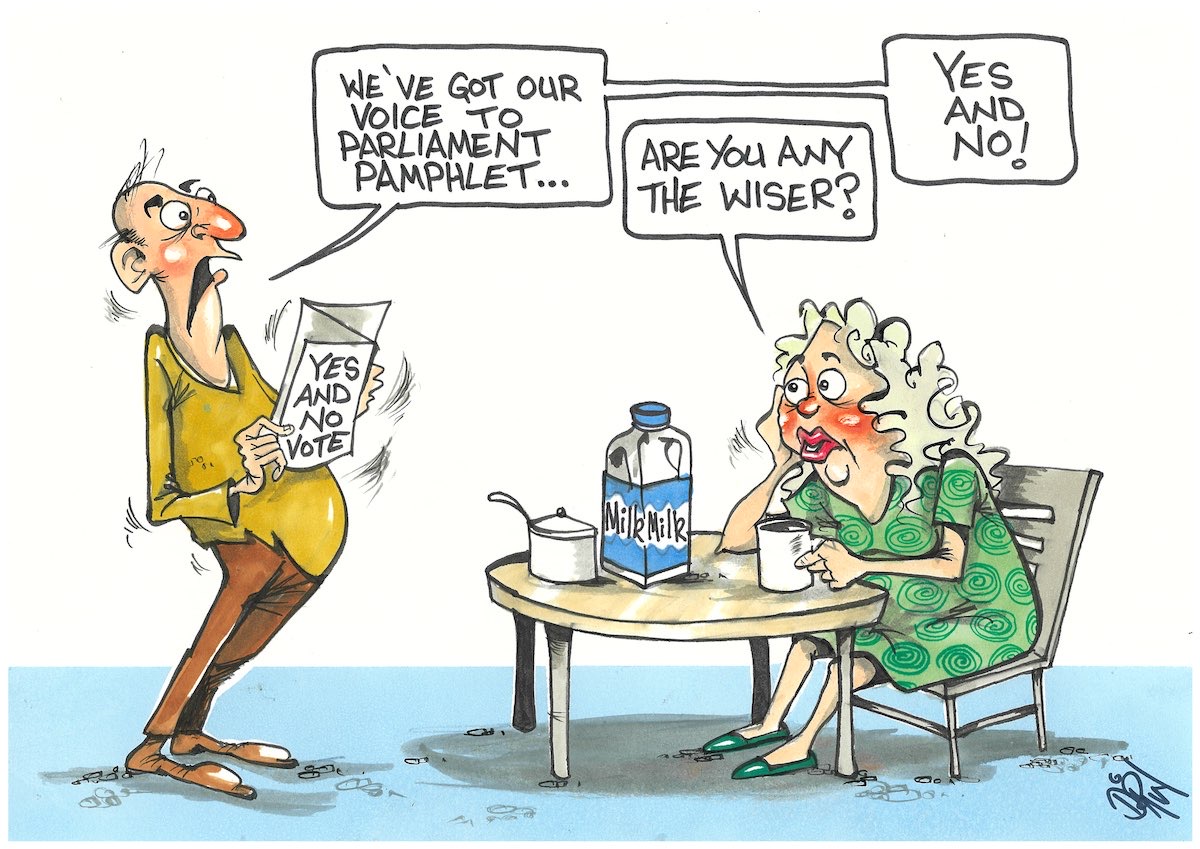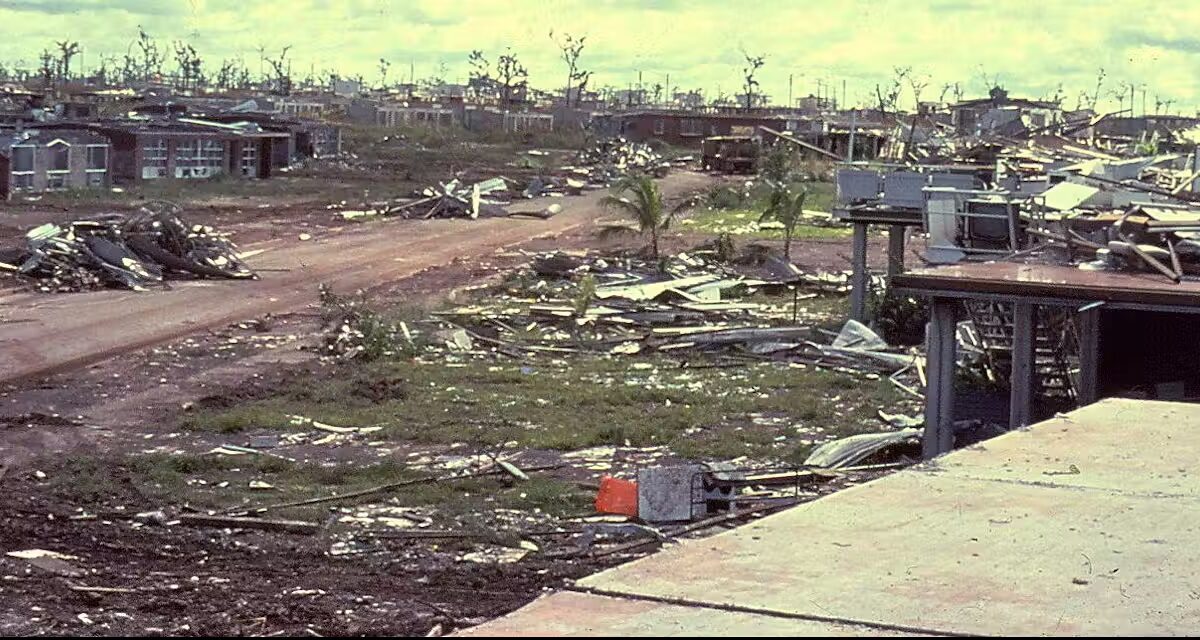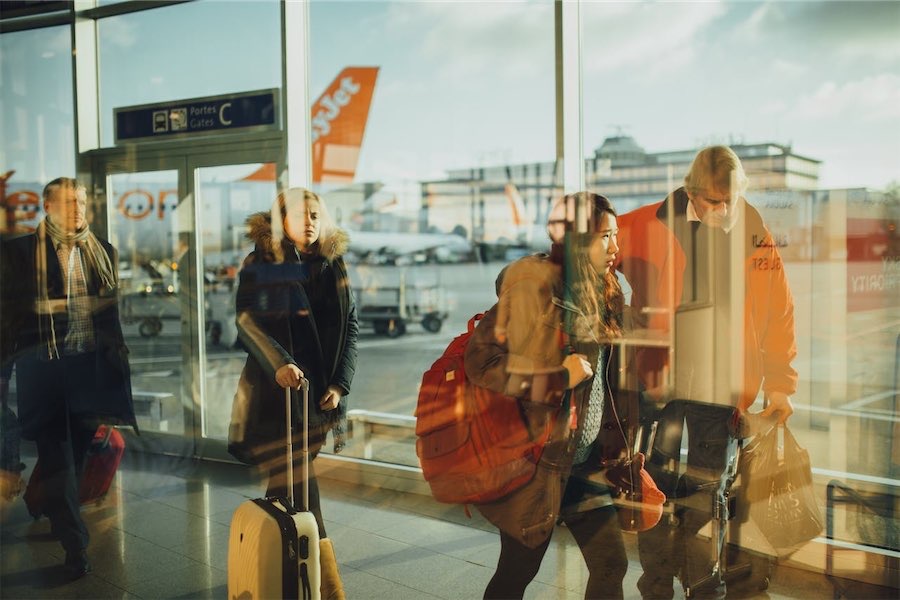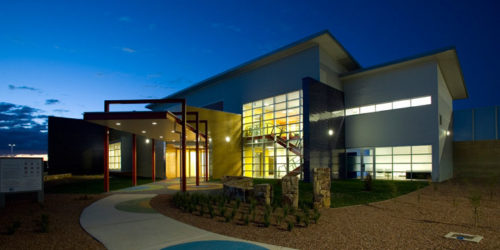
Reader ANTHONY HORDERN has shared years of intimate experience with indigenous people and sees no prospect of the Voice helping anyone beyond its own bureaucracy.
I AM likely the only person in Canberra today to have seen one of the last tribal Aboriginal corroborees at Mataranka in 1957 and to have met the last band of nomadic hunter-gatherers in the Great Victoria Desert in 1963.

I have full-blooded Aboriginal social friends in Katherine, I know indigenous people enabled by their education to become successful businessmen and have visited dozens of settlements and town camps all over the north.
I have smelt petrol fumes from soft-drink cans hung around the necks of teenagers in Borroloola’s main street, seen the trashed homes, workshops and theatre at Coonana and the burnt homes at Cundeelee on the Nullarbor.
I’ve seen the trashed and abandoned “out camps” at Nyinmi near Jupiter Well and Mungilli in the Gibson Desert and observed indigenous people drinking on hotel verandahs at 10am, doing nothing for their health or family budgets.
I have enjoyed a barramundi “hongi” prepared by my friend Sam in Katherine and visited the well-run clan settlement of Peppimenarti where the Moyle River runs on the road to Wadeye (Port Keats).
These experiences, some no longer existing, give me a unique insight into indigenous lives.
Past and present councils
Indigenous people are represented by two major councils, established by the Commonwealth for decades, the Closing the Gap Commission and the Council of Peaks (representing dozens of local and regional Aboriginal Councils), and by dozens of Aboriginal Community Councils (similar to municipal councils) and by scores of Aboriginal health, welfare, housing and legal services.
Many regional towns have two or three shopfronts of each of those services. The eight Australian states and territories each have ministers and departments of Aboriginal affairs, staffed by thousands of people.
But none of these taxpayer-funded bodies have been able to produce worthwhile results. Indigenous people continue to suffer adverse education, skills, health, welfare, housing and legal outcomes.
Between 1973 and 2005 Parliament established four national Aboriginal advisory councils; all were abolished through bi-partisan resolutions of parliament for failing to produce any outcomes and for nepotism, fraud and embezzlement.
A prominent scientist once said “It is the height of foolishness to do the same thing over and over again, hoping for a different outcome”.
Nonetheless in 2021 Voice activists proposed a significantly expanded version of ATSIC, creating mechanisms (further committees) for individuals to pass ideas to about 25 or 35 “elected” regional groups, which in turn would advise the “elected” Voice council, which in turn would advise Parliament.
PM Anthony Albanese has accepted this idea with alacrity. Has he not examined the past?
On the basis of “race” there is a demonstrated need for a Chinese “Voice”, as many more respondents to the 2021 Census indicated they spoke Mandarin than identified in increased numbers as “indigenous”. And maybe even Greek, Italian and Indian “Voices” too!
Activists propose a 22 member Voice council of 10 men and 10 women plus male and female co-chairs. Based on ATSIC’s seven council members’ salaries ($240,000 to $270,000 annually in 2005), inflation alone brings that to more than $6.45 million in 2023. Adding the “Voice” to the 25 to 35 regional groups, there will be hundreds, possibly thousands, of employees enjoying generous government working conditions, together with office accommodation and travel costing billions every year.
A much smaller ATSIC in its last years had a budget of about $1.1 billion, producing NO worthwhile outcomes for Aboriginal people, leading to its abolition.
Why most Australians don’t know
Australia is a nation of urbanites in five major cities around the coast who don’t know or interact with any indigenous people. Most have never been to remote settlements and have no idea how residents are kept on welfare there, housed, fed, clothed and medicated, but with nothing to do all day.
It’s here the devil makes work for idle hands to do. As leader and former Labor party president Warren Mundine has observed, all over the world people on generational welfare, without the dignity of self-supporting employment, fall into violence, sexual abuse, drug and alcohol abuse and vandalism.
The indigenous hunter-gatherer bands had developed skills that allowed them to survive for thousands of years in one of the harshest environments on earth.
All those skills have been lost since I last observed them in 1953, and no indigenous person today would want to return to that precarious lifestyle without shelter, transport, assured food supply or medical treatment.
What’s the way forward?
The only way for Aboriginals and indigenous people to advance from the welfare and indolence trap is to follow the footsteps of the likes of the indigenous parliamentarians, Warren Mundine, Ernie Dingo, the late Burnum Burnum and the late David Unaipon, getting an education so they can have the dignity of supporting themselves and their families.
None of the Aboriginals I know, while occasionally hunting or fishing for pleasure, have any desire to return to a “traditional” way of life.
None of the indigenous activist city dwellers would be able to cope with that lifestyle, any more than white urbanites. Mr Albanese must spend the billions of Aboriginal budget on schooling and independent skills training, not more boondoggles for an indigenous elite.
“CityNews” welcomes all opinions. Respectful letters to editor@citynews.com.au
Who can be trusted?
In a world of spin and confusion, there’s never been a more important time to support independent journalism in Canberra.
If you trust our work online and want to enforce the power of independent voices, I invite you to make a small contribution.
Every dollar of support is invested back into our journalism to help keep citynews.com.au strong and free.
Thank you,
Ian Meikle, editor





Leave a Reply